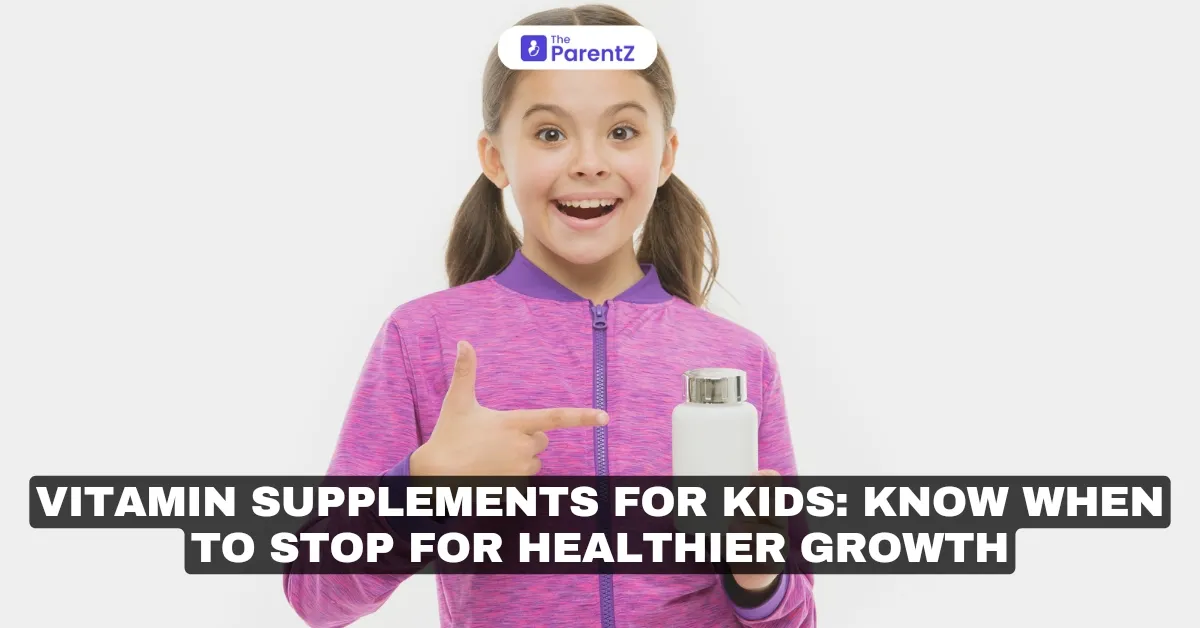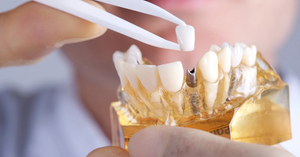In today’s fast-paced world, ensuring our children receive all the necessary nutrients can be challenging. Vitamin supplements have become a popular way to bridge the nutritional gaps, offering an easy fix to parents concerned about their children’s health. However, while vitamins are essential, overuse of supplements can lead to potential risks and health issues in the long run. This article explores how to balance nutritional needs without over-relying on supplements and how to determine when it’s best to stop.
The Overlooking Factors: What Parents Might Miss
Many parents, in the quest to keep their children healthy, may overlook certain key aspects. Some believe that giving extra vitamins will help children grow stronger and prevent illnesses. However, the truth is that an overdose of vitamins can harm more than it helps. Often, a balanced diet provides the necessary nutrients, and excess vitamins, especially in supplement form, can lead to issues such as toxicity, organ strain, and interference with other nutrients. Parents may unknowingly create nutrient imbalances by supplementing without a healthcare provider’s guidance, overlooking how essential nutrients interact in their child’s body.
Long-Term Effects of Overusing Vitamin Supplements
When kids receive too many vitamins through supplements, they may face long-term health consequences. Excessive intake of fat-soluble vitamins, like A, D, E, and K, which are stored in the body’s fat tissues, can accumulate to toxic levels, leading to issues such as liver damage, kidney stress, and calcium imbalances. Additionally, too much of certain vitamins can impair a child’s natural ability to absorb nutrients from whole foods, negatively affecting gut health and overall development. Over time, over-supplementation could lead to poor eating habits, as children may come to rely on vitamins over a diverse, nutritious diet.
Conclusion
While vitamin supplements can be helpful for specific deficiencies, parents should not rely on them to replace a balanced diet. Remember, a colorful, varied diet filled with fruits, vegetables, whole grains, and proteins can often meet a child’s nutritional needs. As parents, consulting with a healthcare provider before giving supplements is crucial to ensure safety and optimal health for your little ones. Sometimes, the best way to support a child’s growth and well-being is to trust the power of good food and regular health check-ups.
A Sweet Note from a Dentist
“Dear parents, I understand how much you want the best for your child’s health and growth. Giving them vitamins may feel like an extra step toward that goal, but sometimes, less is truly more. A varied diet, plenty of outdoor play, and regular dental check-ups can often do wonders for their overall health. Let’s ensure that every choice we make for their health is informed and mindful. Here’s to watching our little ones grow healthy and happy, one day at a time!”








Be the first one to comment on this story.